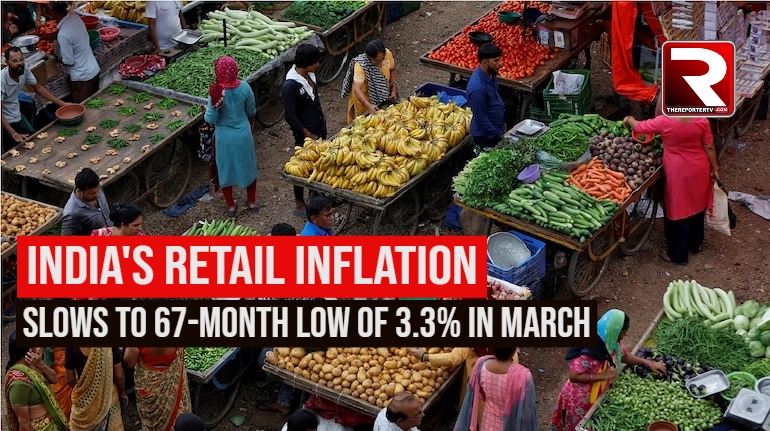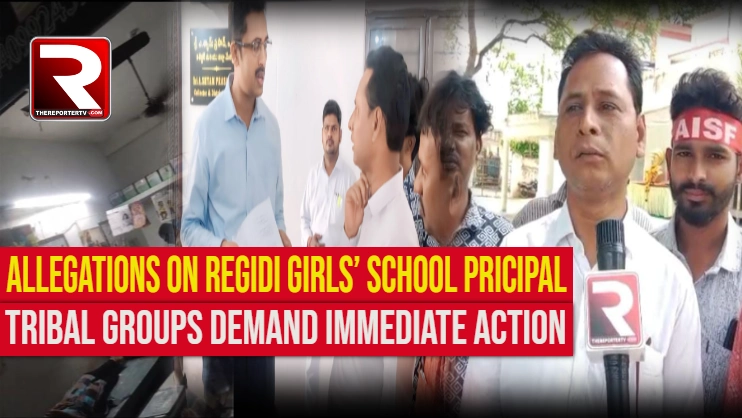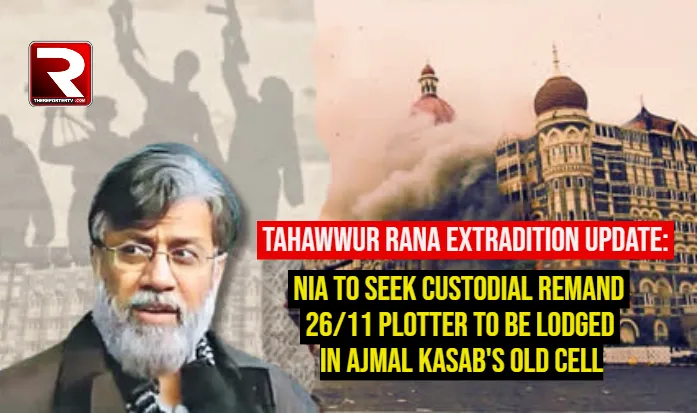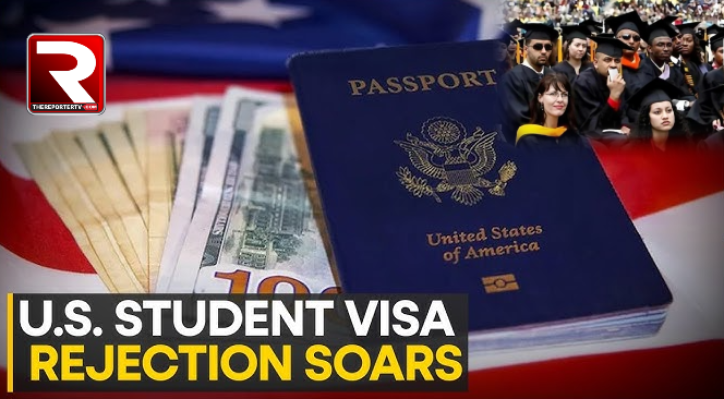New Delhi : India on Friday strongly rejected Pakistan’s allegations that it had a hand in the recent attack on the Jaffar Express, calling the accusations baseless and unfounded. The statement from India’s Ministry of External Affairs came in response to Pakistan’s Foreign Office spokesperson Shafqat Ali Khan, who had suggested that India was involved in the attack carried out by the Balochistan Liberation Army (BLA).
In an official statement, India’s Ministry of External Affairs asserted, “The whole world knows where the epicentre of global terrorism lies. Pakistan should look inwards instead of pointing fingers and shifting the blame for its own internal problems and failures onto others.”
Khan had claimed during his weekly briefing on Thursday that the terrorists responsible for the attack had been in contact with their handlers in Afghanistan. He further alleged that India had been involved in terrorism within Pakistan, specifically in relation to the Jaffar Express incident.
The Jaffar Express, a passenger train, was hijacked by BLA rebels earlier this week while it was traveling through Balochistan, with more than 400 people on board. Pakistani security forces reported that they had successfully neutralized all 33 rebels involved in the attack. However, the Pakistani military has not released any photographic or video evidence of the operation, raising questions over the authenticity of their claims.
The BLA, a separatist group operating in Balochistan, has countered Pakistan’s narrative, insisting that the battle is far from over. Jeeyand Baloch, a spokesperson for the group, claimed that the Pakistani Army had failed to achieve any substantial victory and was attempting to cover up its defeat. “The battle is still ongoing across multiple fronts,” Baloch stated, adding that the army had “abandoned its own soldiers” and failed to protect its personnel, leaving them “to die as hostages.”
According to accounts from released passengers who reached Quetta, the BLA fighters showed a degree of restraint by voluntarily freeing women, children, and elderly individuals soon after seizing the train. This has fueled further criticism of the Pakistani Army’s handling of the situation.
The BLA has also challenged Pakistani authorities to allow independent journalists and impartial observers into the region, asserting that the army’s refusal to grant access is indicative of its defeat. The group argues that the lack of transparency is part of a larger effort by the Pakistani government to conceal the truth about the ongoing situation.
As the situation in Balochistan continues to unfold, the international community remains concerned about the escalating violence in the region and the potential for further tensions between Pakistan and its neighbors.













